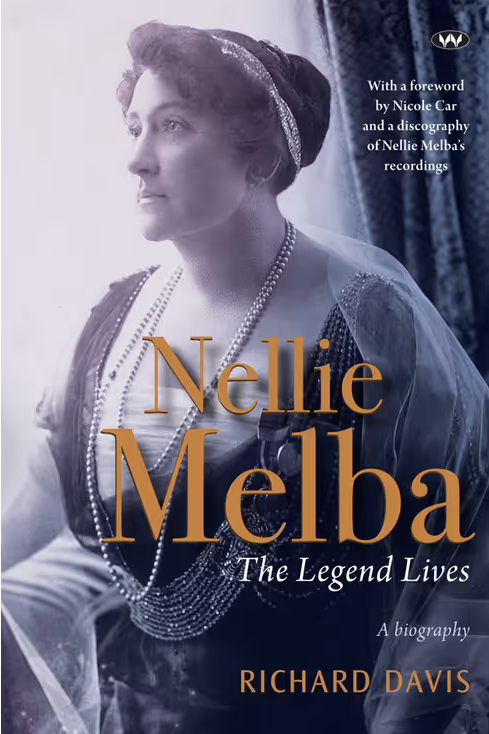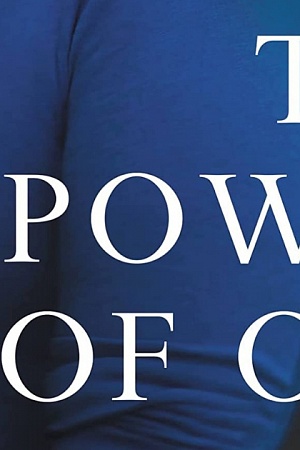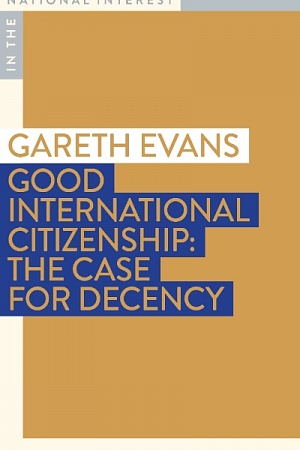Dead Right: How neoliberalism ate itself and what comes next
Black Inc., $24.99 pb, 192 pp, 9781760641306
Dead Right: How neoliberalism ate itself and what comes next by Richard Denniss
A spectre is haunting Australia, that of neo-liberalism. For the last thirty years, both major parties have subscribed to its tenets in order to propitiate big business. It is an ideology (and language) that dare not speak its name. Instead, from London, from Berlin, from Washington, DC, politicians beat the gongs of ‘efficiency’, ‘productivity’, ‘competitiveness’, and ‘incentive’. These are duly echoed in Canberra, causing banks to be deregulated and public assets to be privatised.
All this is contended in Richard Denniss’s Dead Right: How neoliberalism ate itself and what comes next, which is an updated and expanded version of his 2018 Quarterly Essay. Denniss, chief economist at the Australia Institute (a public policy institute in Canberra), makes a powerful argument for state intervention in the economy. Denniss is in favour of free markets but argues that even free markets need rules. In his view, the rich and powerful end up controlling markets, without regulation, denying equality and freedom of access for everyone else.
The economic pendulum has swung over the last four hundred or so years between state intervention and laissez-faire capitalism, but Denniss focuses on events in the twenty-first century, with occasional forays into the twentieth. He defines neo-liberalism as ‘the catch-all term for all things small government’ and describes it as the antithesis of democracy. However, its intellectual origins were more egalitarian. In the seventeenth century, European monarchs dominated economic policies; mercantilism was the norm. Classical liberalism emerged, alongside the Enlightenment, as a response when philosophers such as John Locke argued that certain individual rights could not be abrogated by anyone; furthermore, the state should serve the people and protect their rights. Economists such as Adam Smith advocated unfettered commercial transactions; supply and demand would control prices of goods and services. By the eighteenth century, classical liberal ideas led to democratic stirrings, culminating in the American and French Revolutions and the separation of church and state.
Continue reading for only $10 per month. Subscribe and gain full access to Australian Book Review. Already a subscriber? Sign in. If you need assistance, feel free to contact us.















Leave a comment
If you are an ABR subscriber, you will need to sign in to post a comment.
If you have forgotten your sign in details, or if you receive an error message when trying to submit your comment, please email your comment (and the name of the article to which it relates) to ABR Comments. We will review your comment and, subject to approval, we will post it under your name.
Please note that all comments must be approved by ABR and comply with our Terms & Conditions.